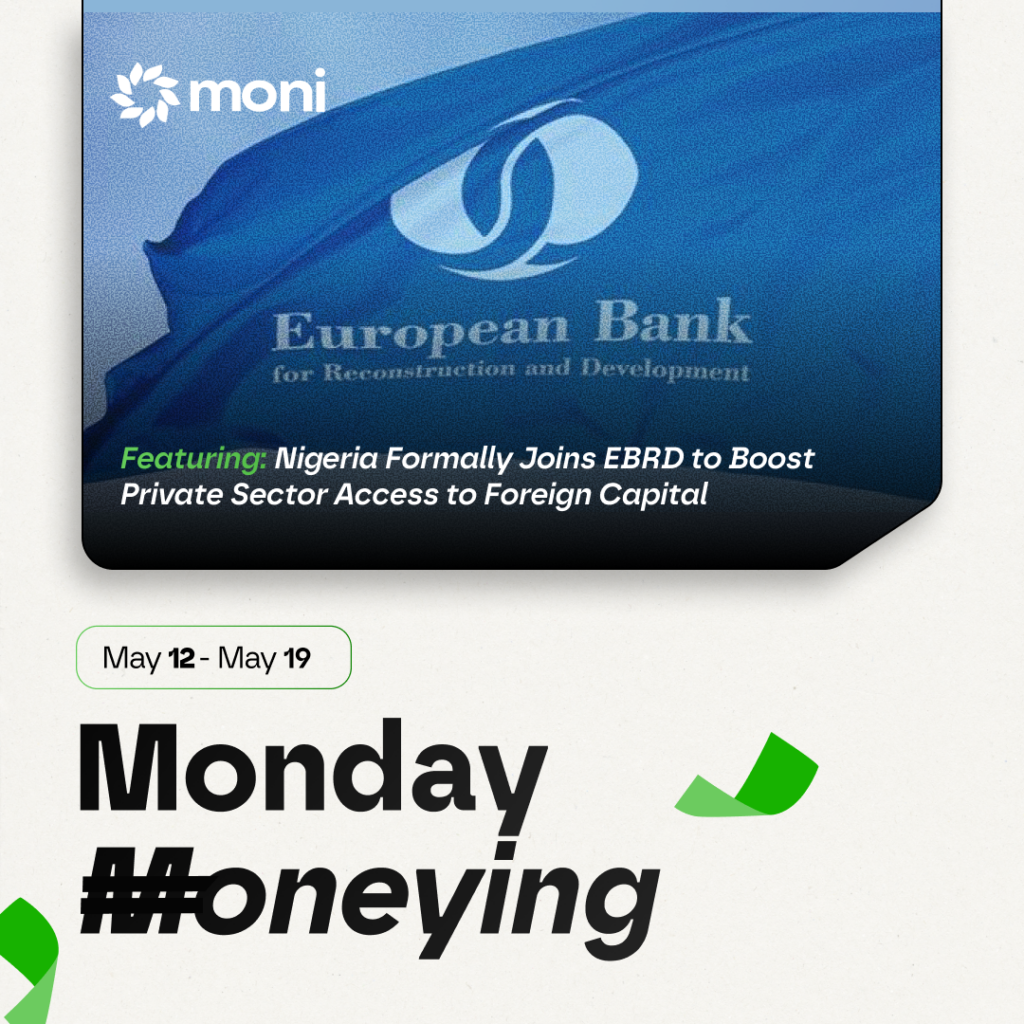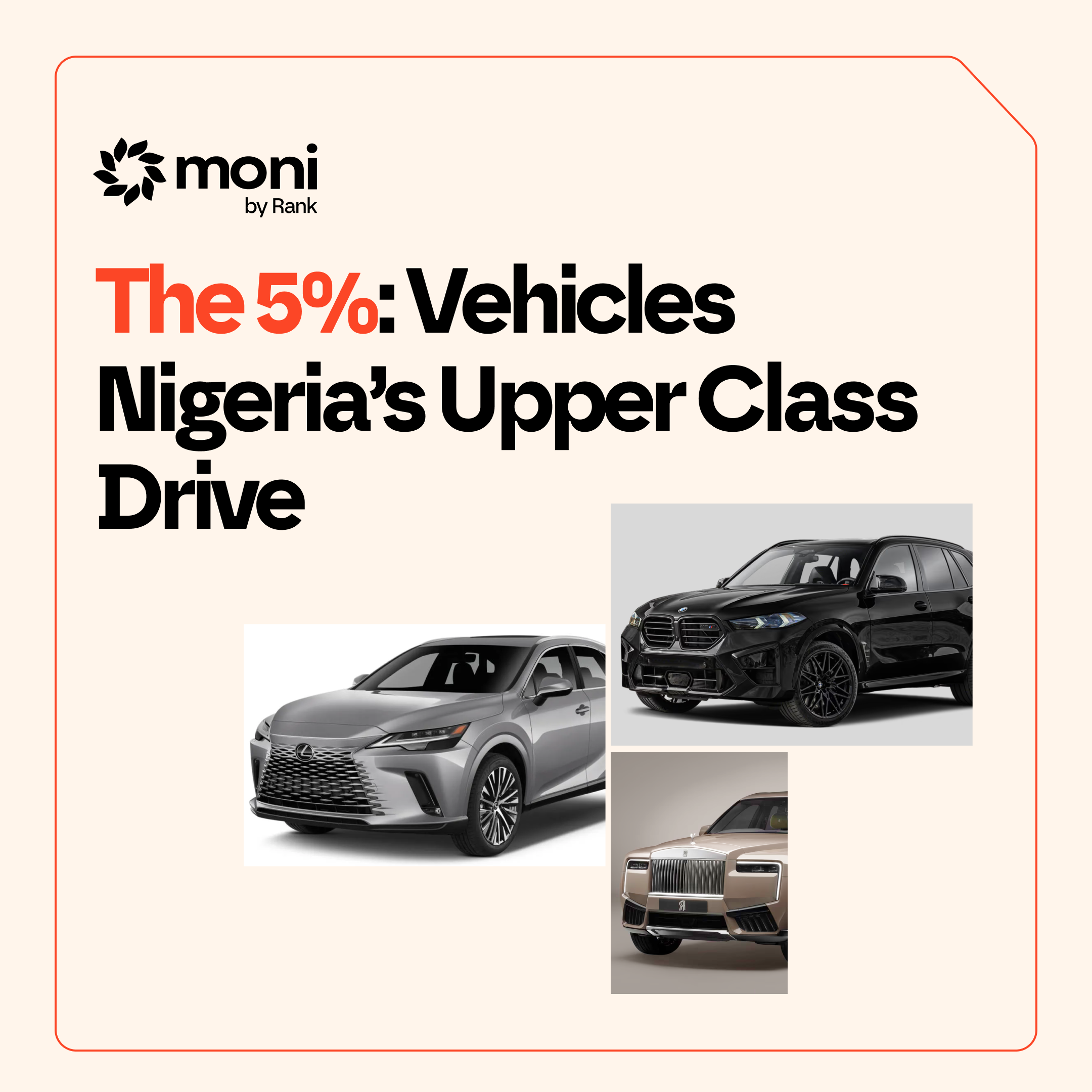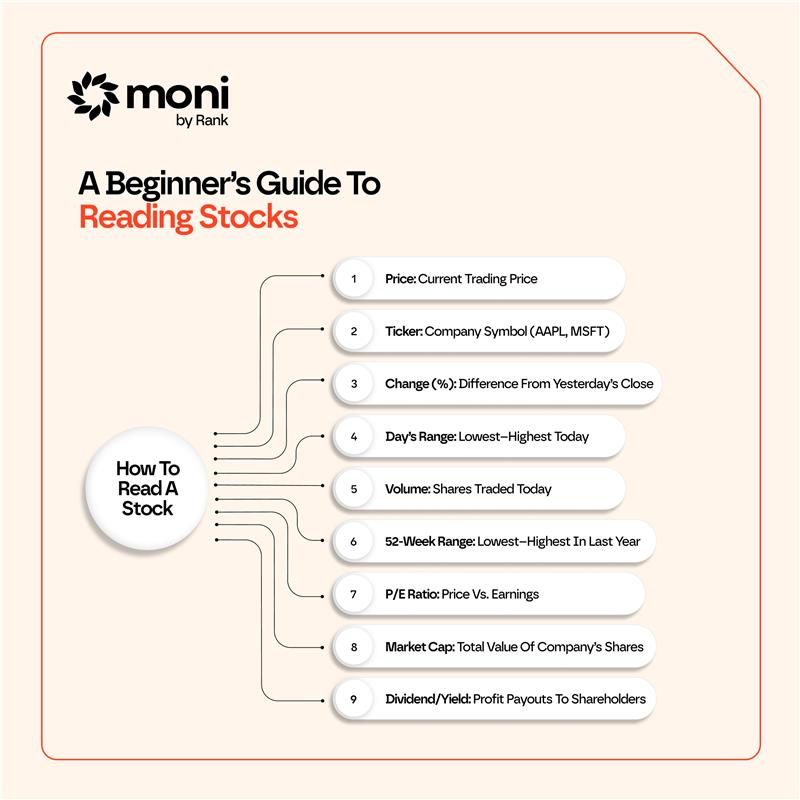
Welcome to Monday Moneying, a rundown of the biggest financial stories shaping Nigeria, delivered straight to your inbox every Monday.
In this week’s episode…
Nigeria’s External Reserves Rebound, Gain $364 Million in Just Two Weeks
.jpeg)
The Rundown
For the first time in 2025, Nigeria’s external reserves are bouncing back—rising by $364 million in just two weeks. After months of steady decline and FX market pressure, this sharp uptick could signal a turning point for the economy.
The Details
- Reserves rose from $37.93B to $38.30B between April 30 and May 14, a 0.96% jump and the biggest two-week gain this year. It’s also the first sustained increase since January 6, when reserves peaked at $40.92B before months of depletion set in.
- The Central Bank’s FX reforms are finally gaining traction. By easing off aggressive naira defense and allowing more market-driven rates, the CBN has reduced speculative demand while conserving reserves for key interventions.
- Improved oil output and stronger non-oil exports are boosting external earnings. With more foreign exchange flowing in and fewer subsidies draining reserves, Nigeria is starting to rebuild its financial buffers.
- Investor sentiment is shifting in a positive direction. Higher reserves strengthen Nigeria’s ability to meet external obligations, calm the FX market, and send reassuring signals to global investors, lenders, and rating agencies.
- CBN Governor Olayemi Cardoso says this growth is no fluke. He credits “deliberate policy choices” aimed at restoring confidence, reducing vulnerabilities, and building long-term economic stability. The CBN expects reserves to keep rising in Q2 as macro fundamentals improve.
Nigeria Formally Joins the European Bank for Reconstruction and Development (EBRD)

The Rundown
Nigeria has officially become a member of the European Bank for Reconstruction and Development (EBRD), unlocking fresh global capital opportunities for local businesses. It’s a strategic win that could reshape the country’s investment landscape especially for the private sector.
The Details
- The EBRD specializes in private-sector financing—with over 80% of its funding going to businesses. Nigeria’s entry gives its entrepreneurs, SMEs, and key industries greater access to international capital, technical support, and green investment tools.
- Nigeria’s membership opens doors to funding in critical sectors like infrastructure, energy transition, agriculture, and digital innovation. This aligns with the EBRD’s focus on green, resilient, and future-forward economies.
- High-level talks with France and the U.S. signal deeper global partnerships ahead. Nigeria’s presence at the top table of economic dialogue positions it as a credible and strategic partner on the global stage.
- The EBRD’s development model is rooted in impact not just investment. Its support combines financing, policy reforms, and advisory services to help countries build lasting economic resilience.
Inflation Eases Slightly to 23.71% in April 2025
The Rundown
Nigeria’s headline inflation rate dipped to 23.71% in April 2025, down from 24.23% in March, according to the National Bureau of Statistics. It’s a modest but meaningful drop that hints at possible price stability amid tough economic conditions.
The Details
- Year-on-year inflation dropped by nearly 10 percentage points from April 2024. At 23.71%, the current figure reflects a 9.99% decrease from the 33.69% rate recorded a year ago, thanks in part to a high base effect and recalibrated inflation methodology.
- Month-on-month inflation slowed significantly. Prices rose by 1.86% in April, compared to 3.90% in March suggesting a slower pace of price increases in daily essentials and services.
- Core inflation also showed a welcome dip. It fell to 23.39% year-on-year, down from 26.84% in April 2024. Monthly, it dropped to 1.34% from 3.73%— indicating easing pressures in non-food, non-energy items like rent, health, and education.
- Food inflation saw one of the sharpest declines. Year-on-year food inflation fell dramatically to 21.26%, from 40.53% in April 2024—a 19.27% drop. Prices of staples like yam flour, okro, rice, and beans helped drive the slowdown.
- Urban vs rural inflation trends remain mixed. Urban inflation dropped to 24.29% (year-on-year) and 1.18% (month-on-month). Rural inflation was lower at 22.83% year-on-year, but rose month-on-month to 3.56%, highlighting varying price pressures across regions.
Foreign investors pulled ₦420.37bn from Nigerian equities in Q1 2025
The Rundown
Foreign investors pulled ₦420.37bn from Nigerian equities in Q1 2025 — a 251% YoY surge in outflows. Despite major economic reforms and rising inflows, investor caution remains high amid FX volatility and inflation pressures. March saw a dramatic rise in foreign trades, largely driven by short-term block transactions, while domestic investors pulled back.
The Details
- Capital flight intensifies: Foreign outflows hit ₦420.37bn in Q1 2025, up 251% from ₦119.81bn in Q1 2024, despite a 322% rise in inflows to ₦393.68bn.
- March trade explosion: Foreign trades surged to ₦699.89bn in March, accounting for 62.74% of total activity — the first time in over a year foreigners led monthly trades.
- Domestic slowdown: Local investors pulled back in March; total domestic trades fell 11% MoM to ₦415.62bn, as both retail and institutional participation declined.
- FX & inflation pressures: The naira fell from ₦1,492.49/$1 to ₦1,536.82/$1 in March; inflation rose to 24.23% due to rising food and transport costs.
- Short-term bets or lasting shift? The spike in foreign activity was largely driven by block trades, signaling possible speculative moves rather than long-term confidence.
Airtel Africa Partners with SpaceX to Launch Starlink Internet across Africa
The Rundown
Sun King secures ₦80 billion local-currency loan to power 4 million Nigerian homes. The IFC and Stanbic IBTC-backed deal is West Africa’s largest naira-denominated energy access facility, aimed at accelerating off-grid solar electrification without FX risks.
The Details
The ₦80bn loan is the biggest local-currency financing deal for energy access in West Africa to date.Sun King plans to electrify 4 million households in 4–5 years, building on 2 million already served.Naira denomination removes FX risk, enabling more affordable pay-as-you-go solar financing.The project supports the World Bank & AfDB’s goal to connect 300 million Africans to power by 2030.With 90 million Nigerians lacking electricity, Sun King’s effort aligns with recent $750m World Bank-backed projects to scale renewable access.
That’s it for this week



